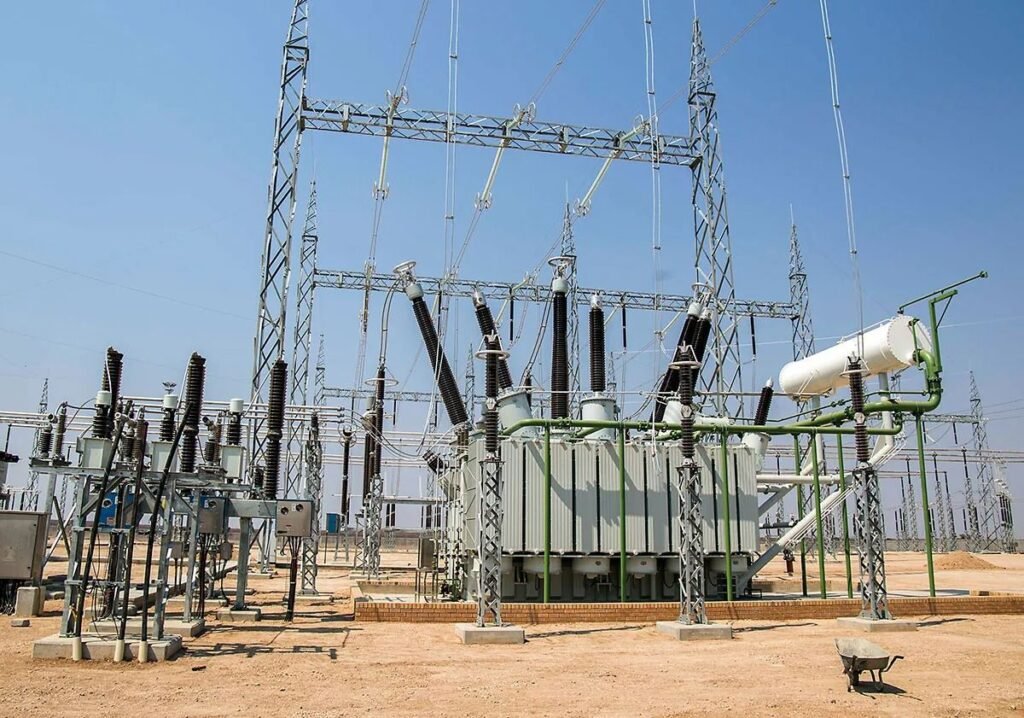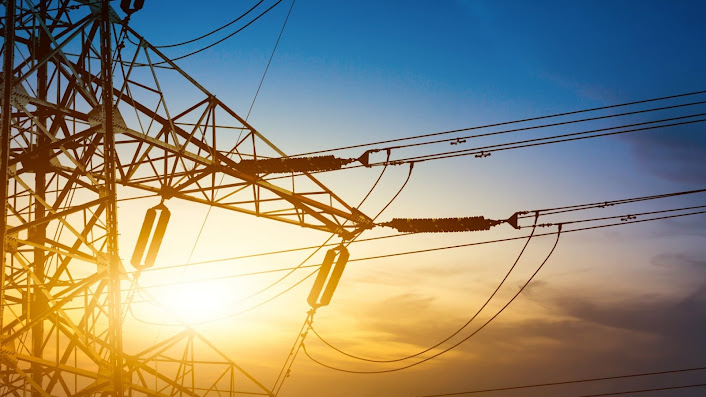In a bold move to stabilise Ghana’s energy sector, the Ministry of Energy and Green Transition has commenced a comprehensive review of existing agreements with independent power producers (IPPs).
The initiative aims to ensure contract fairness, financial sustainability, and greater transparency in line with Ghana’s broader energy sector recovery programme.
The decision was announced by Solomon Adjetey, Director of Power at the Ministry, who explained that the review is a strategic intervention to correct structural inefficiencies, restore investor confidence, and future-proof the country’s energy infrastructure.
“Our focus is not just on power generation. It’s about rebuilding trust, improving efficiency, and ensuring that energy contracts reflect both national interest and commercial realism.”
Solomon Adjetey, Director of Power at the Ministry of Energy and Green Transition
According to Mr. Adjetey, Ghana’s energy transition is as much about mindset as it is about infrastructure.
He described the ongoing energy reforms as part of a multi-pronged approach to cut losses, promote renewable adoption, and create a reliable, affordable power supply.

“The energy transition is not only about embracing renewables. It’s about transforming how we build, how we regulate, and how we consume.
“Energy efficiency means doing more with less, reducing losses, improving output, and making every kilowatt count.”
Solomon Adjetey, Director of Power at the Ministry of Energy and Green Transition
He indicated that energy reforms would increasingly shift toward private sector participation in electricity distribution, as a pathway to reduce systemic losses and optimise service delivery.
“Private involvement introduces discipline, innovation, and capital.
“We need these ingredients to drive efficiency, especially in areas like transmission and distribution where legacy challenges persist.”
Solomon Adjetey, Director of Power at the Ministry of Energy and Green Transition
Renewable Energy Fund and Off-Grid Solutions

A central plank of the Ministry’s strategy is the establishment of a Renewable Energy and Green Transition Fund. The fund will serve as a financial engine for clean energy initiatives, including solar mini-grids, off-grid systems, and industrial energy efficiency upgrades.
The ministry is also exploring solar solutions for underserved communities, particularly in off-grid areas, with the aim of lowering the cost of electricity and expanding access.
“We are actively engaging partners to support these interventions. Our aim is to provide cheaper, reliable power options while reducing the country’s carbon footprint.”
Solomon Adjetey, Director of Power at the Ministry of Energy and Green Transition
He added that beyond access and affordability, renewable energy development will also create green jobs and stimulate rural development, key pillars of Ghana’s inclusive energy strategy.
Another major initiative highlighted during Mr. Adjetey’s remarks was the implementation of the Ghana Green Building Code (GhBC), officially titled GS 1207:2018.
The code, which sets minimum sustainability standards for buildings, is a regulatory tool to promote energy conservation, water efficiency, and waste reduction in the construction sector.
“The Green Building Code is not just a checklist. It’s a cornerstone of our green transition.
“Ensuring compliance will help us build smarter, conserve energy, and reduce operational costs in buildings nationwide.”
Solomon Adjetey, Director of Power at the Ministry of Energy and Green Transition
The Ministry is also working to harmonise Customs regulations and cross-border energy standards, aimed at improving regional trade in energy-efficient technologies and encouraging investment in key industries like manufacturing, mining, and agro-processing.
Private Sector Collaboration

Mr. Adjetey made these comments during the West African market expansion launch of global electronics manufacturer TCL, a move he welcomed as aligned with Ghana’s digital and green ambitions.
“Companies like TCL are constantly innovating to deliver energy-efficient products.
“Government’s role is to ensure the ecosystem supports these innovations, through infrastructure, policy, and regulation.”
Solomon Adjetey, Director of Power at the Ministry of Energy and Green Transition
By collaborating with the private sector, the Ministry hopes to create a supportive environment for sustainable technologies, while reinforcing Ghana’s credentials as a green industrial hub.
With energy demand rising and public finances under pressure, Ghana’s energy reform efforts signal a turning point.
Through contract renegotiations, renewable funding, private sector incentives, and stricter building codes, the Ministry of Energy and Green Transition is laying the groundwork for a smarter, cleaner, and more resilient energy system.
READ ALSO: Ghana Fire Service Records Major Progress Amid Resource Constraints





















